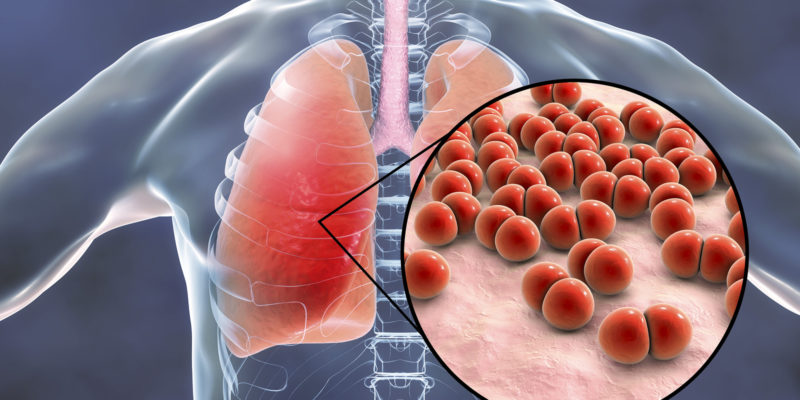Cystic Fibrosis patients will be glad to hear that an existing drug could be used to help them fight bacterial lung infections.
A recent study, which was published in the journal Nature, revealed amphotericin, an antifungal medication, could make changes in lung tissue that improve lung function, restore pH levels, and improve antibacterial activity.
Professor of chemistry at the University of Illinois in Champaign and study leader Martin D Burke was quoted by Medical News Today as saying: “Instead of trying to correct the protein or do gene therapy – the latter of which is not yet effective in the lung – we use a small molecule surrogate that can perform the channel function of the missing or defective protein.”
Cystic Fibrosis is a condition that means sufferers are born with a faulty protein that affects the body’s ability to make mucus and sweat. The build up of mucus in their lungs can lead to infections and inflammation in the lungs and other organs as well.
As patients have different types of mutated proteins – and some may not have any at all – it is difficult to provide an effective treatment.
Amphotericin’s role would be to slow down the advancement of lung disease and works with all Cystic Fibrosis patients.
Mr Burke added: “The really exciting news is that amphotericin is a medicine that is already approved and available on the market.”
Despite this, human clinical drug trials need to be conducted before doctors can offer amphotericin as a treatment for the condition.
Cystic Fibrosis can be detected at birth during a newborn’s heel prick test and the disease worsens over the years. Life expectancy for a sufferer is shortened; however, according to the NHS, around half live past 40 these days.
Get in touch with us today regarding pharma packaging companies if your business is launching a new medical treatment.

